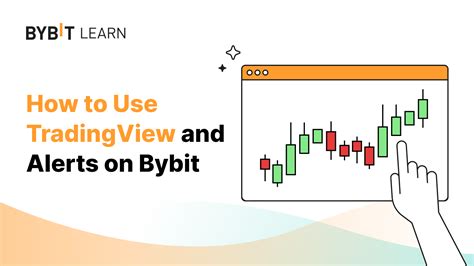How To Use Trading Psychology For Better Outcomes
The Power of Trading Psychology: Unlocking Better Outcomes with Cryptocurrency Trading
In today’s fast-paced and volatile financial market, trading cryptocurrencies has become a popular way to speculate on the future price movements. While technical analysis and fundamental research are essential tools for traders, many investors have overlooked one crucial aspect of their strategies: psychological factors. Trading psychology is the study of how our emotions and thoughts affect our decision-making processes in financial markets. By understanding the psychological aspects of trading, you can improve your chances of achieving better outcomes on the cryptocurrency market.
Understanding the Psychology of Trading
Traders often focus solely on technical indicators and chart patterns to make their decisions. However, this approach neglects the fact that traders are also human beings with emotions, biases, and limitations. The psychology of trading is a complex topic, but some key principles can help you get started:
- Emotional Control
: Trading involves making impulsive decisions based on emotional reactions rather than rational analysis. Developing self-control and emotional discipline can help you stay calm under pressure and make more informed decisions.
- Confirmation Bias: Traders often seek out information that confirms their existing biases, while ignoring or downplaying contradictory evidence. Being aware of this bias is crucial in maintaining a balanced approach to trading.
- Loss Aversion: The fear of losing money can be overwhelming, leading traders to make irrational decisions based on fear rather than logic. Learning to manage risk and develop a growth mindset can help you overcome loss aversion.
- Social Proof: Traders often follow the crowd, seeking validation through social media, online forums, or trading communities. Being aware of the psychological dynamics at play can help you avoid getting caught up in herd behavior.
Using Trading Psychology to Enhance Your Cryptocurrency Trading Experience
Now that you understand the importance of trading psychology, here are some practical tips to apply these principles on the cryptocurrency market:
- Set Realistic Expectations: Avoid over-optimism and set achievable goals for your trades. This will help you stay focused and avoid unnecessary risk.
- Develop a Trading Plan: Create a structured approach that outlines your trading strategy, risk management, and entry/exit rules. Stick to this plan as closely as possible to minimize emotional decision-making.
- Practice Emotional Control: Engage in meditation or other relaxation techniques to calm your nerves before entering a trade. Take breaks during volatile periods to reassess your decisions and adjust your approach if necessary.
- Stay Informed but Avoid Information Overload: Stay up-to-date with market news, analysis, and social media discussions, but avoid getting caught up in sensationalized headlines or unfounded rumors.
- Focus on Long-term Growth

: Cryptocurrencies are often highly volatile due to price swings. Focus on long-term growth rather than short-term gains, and be patient with your trades.
Case Studies: Applying Trading Psychology in Cryptocurrency Trading
To illustrate the power of trading psychology, let’s consider two hypothetical examples:
- Example 1: John is a seasoned trader who uses technical analysis to predict price movements. One day, he enters a trade with a specific entry point and sets a tight stop-loss order. However, as the market fluctuates wildly, John becomes anxious about his position and decides to close it, despite not having set a risk management plan in place.
- Example 2: Sarah is a new trader who focuses solely on technical analysis without considering trading psychology.


